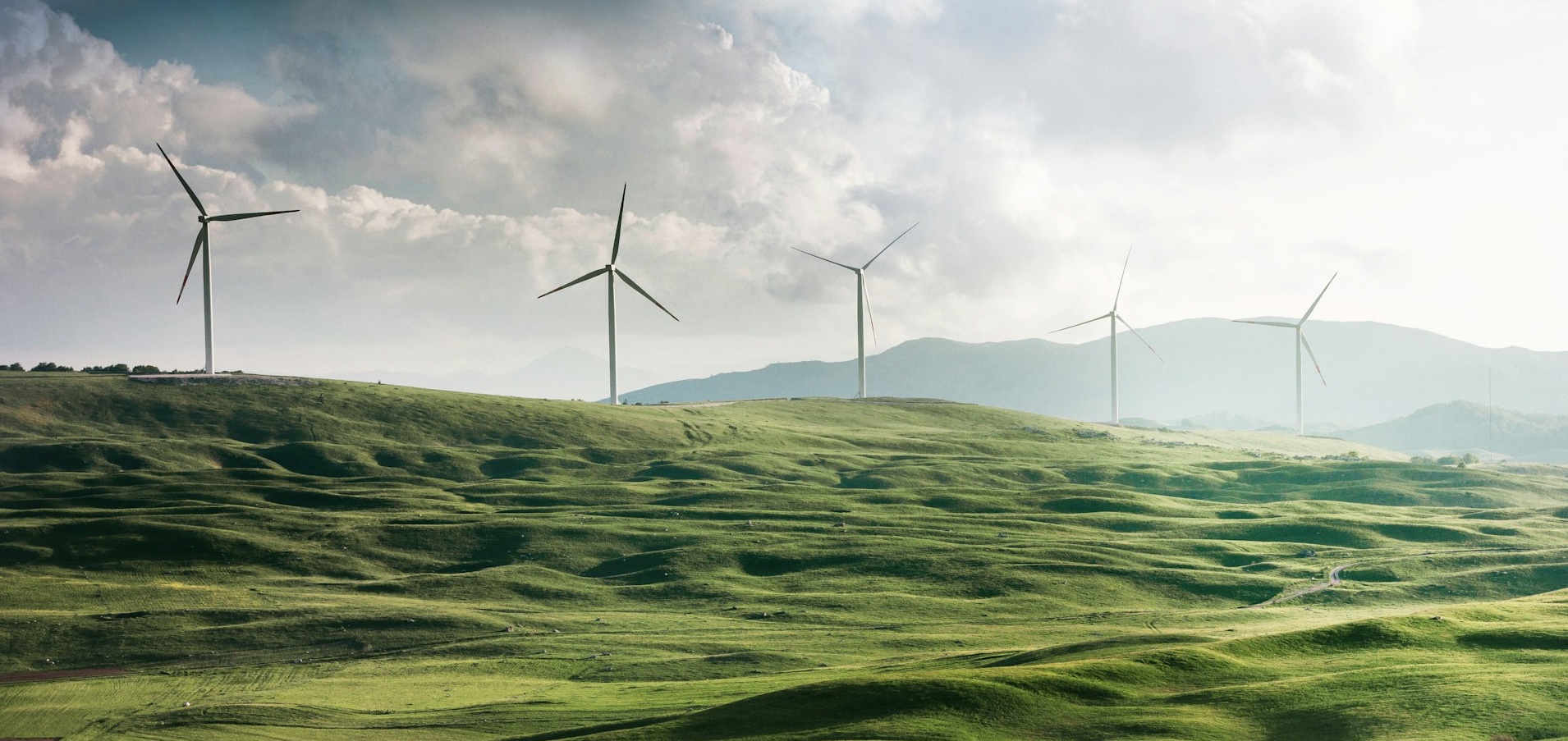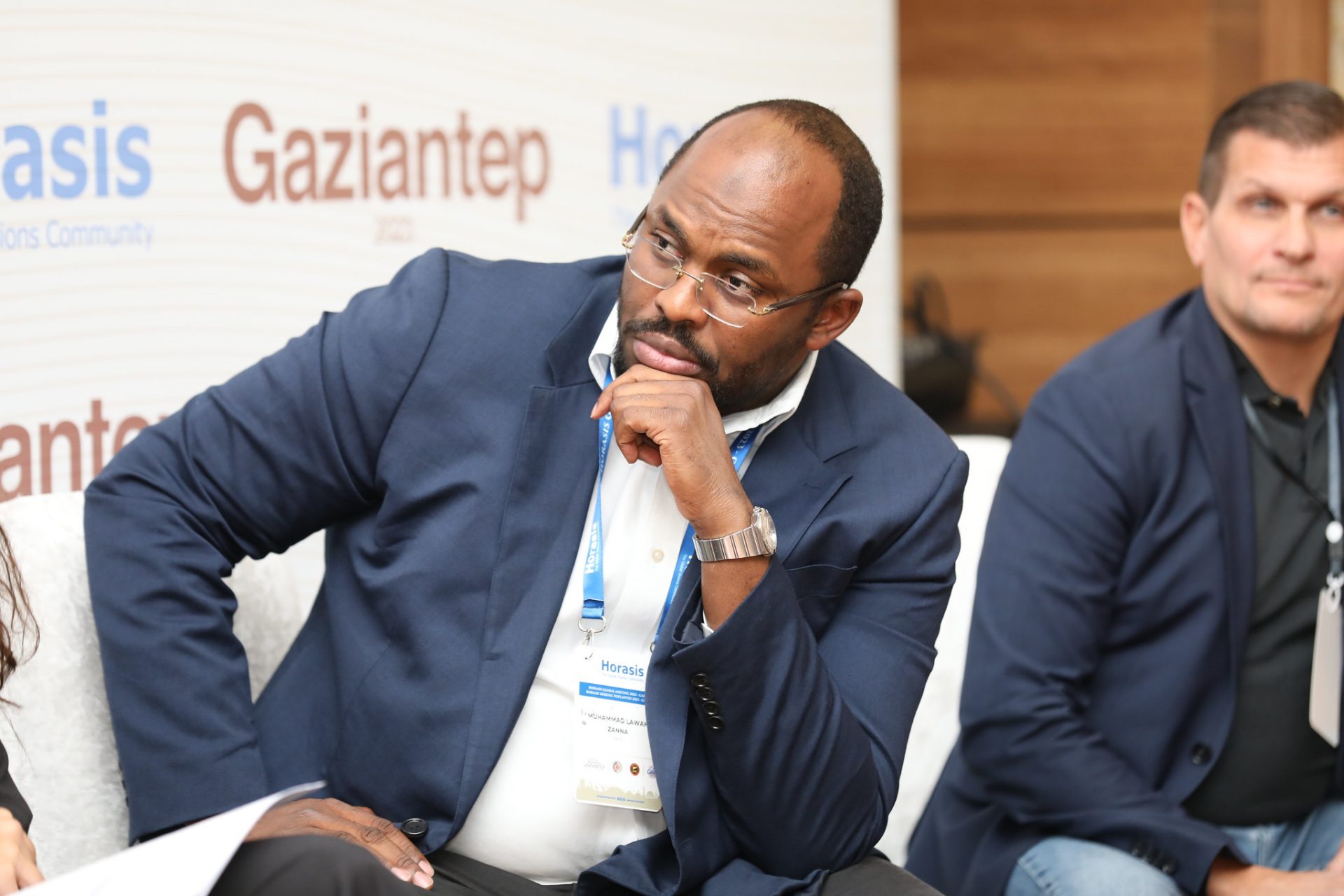Developing Cohesive Policies at COP 28
Conference of the Parties (COP) is the supreme decision-making body of the United Nations Framework Convention on Climate Change (UNFCCC). The UNFCCC is one of the conventions that was created during the Rio Earth Summit in 1992.
COP comprises representatives of all states that are party to the convention. A key task for the COP is to review the implementation of the national commitments and emission inventories submitted by Parties, and determine the overall progress made in achieving the ultimate goal of the UNFCCC, which is to limit global warming to 1.5°C, compared to pre-industrial levels.
The first COP was help in March 1995 in Germany. Since then, COP representatives have met every year. The 28th session (COP 28) to the UNFCCC is planned to be held in the UAE between 30 November to 12 December 2023. Through the years in COP 26 and COP 27, the conference has failed to go beyond the promise to phase down coal use and set new targets for limiting global temperatures. Climate actions on many fronts are missing. Many have already started looking towards COP 28 as Parties look to revitalize their commitments for 2030.
Below are some of the issues that could become the main discussion points in COP 28:
- Loss and damage – The loss and damage agreement provided hope for low-income countries that were impacted severely by climate extremes, but had no means to rebuild. But the agreement has left a lot of questions unanswered as to who will be paying into the fund and which countries will be eligible to receive funding.
- Climate finance – Promise to fund $100 billion climate-financing needs of low-income countries is found lacking. It may be 2025 that high-income countries are able to meet their promise.
- Early warning – UN’s ambitious plan of a global early warning systems set up in COP 27 will require a funding of $3.1 billion over the next five years. Its progress will be reported by UN Secretary-General António Guterres in COP 28.
- Food systems – The FAO is expected to release a roadmap to reduce emissions from food and agriculture systems in COP 28, and share progress on a four-year plan on agriculture and food security agreed upon at COP 27.
- Global Stocktake – COP 28 will also see the end of the final phase of the process, that began in COP 26 to take stock of the implementation of the Paris Agreement globally. The technical assessment is based on three themes – mitigation, adaptation, and implementation and support.
UAE’s Plans
COP 28 will witness the UAE pursuing a two-pronged approach – funding and pushing for clean energy at home and overseas, while pursuing for greater efforts to boost its oil and gas production. The UAE boasts of the world’s cheapest solar power and expects to install more than 9 GW of solar capacity by 2030, nearly tripling its current levels. UAE has also invested more than $50 billion in clean energy projects in 70 countries. At COP 27, the UAE announced its net zero ambitions by aiming to cut emissions by 60% by 2040.
On November 1, 2022, the UAE signed a clean energy framework with the US to mobilize $100 billion in financing and providing technical support to deploy 100 GW of clean energy globally by 2035.
Experts believe that the UAE will be walking a tightrope, trying to push for clean energy, while keeping its lifeline of oil and gas production ongoing.
COP 28 a Turning Point
COP 28 will mark an important point in the fight against climate change. The technical assessment of the global stocktake will ascertain the global progress on climate mitigation and adaptation efforts. It will certainly help lagging countries to increase their efforts in both climate financing and adaptation implementation plans.
“We are in the fight of our lives and we are losing,” said UN Secretary-General António Guterres. “And our planet is fast approaching tipping points that will make climate chaos irreversible … We are on a highway to climate hell with our foot on the accelerator,” he added.
At COP 27, UK’s new prime minister Rishi Sunak said, “by honoring the pledges we made in Glasgow, we can turn our struggle against climate change into a global mission for new jobs and clean growth. And we can bequeath our children a greener planet and a more prosperous future.”
It is to be seen how world leaders unite to put aside differences and work towards a cleaner and sustainable future.



